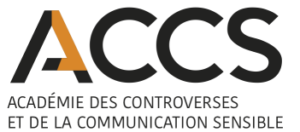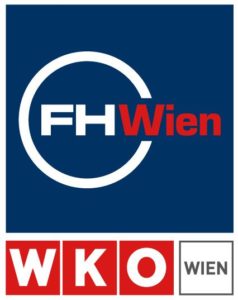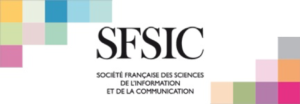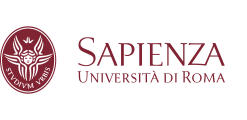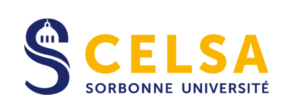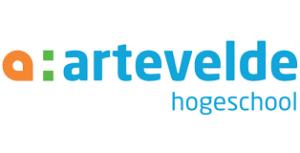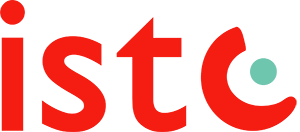Academic Partners
Scientific research in political and public communication is based on exchanges between researchers from different institutions.
Protagoras has thus established several ad hoc or structural partnerships with Belgian and European research institutions.
The quality of this network enables Protagoras to offer quality events and publications on cutting-edge research topics.
L’Académie des Controverses et de la Communication Sensible (ACCS) was created by Bernard Motulsky, Thierry Libaert and François Allard-Huver in January 2018.
In a changing media environment and in the face of the explosion of the digital sphere, a large number of voices are speaking out about controversies and other related issues. It seemed to us that confronted to these subjects and themes, it was important to objectify the points of view and to consider the contributions of a scientific viewpoint based on research in the human and social sciences, first and foremost the information and communication sciences and many other disciplines.
FHWien der WKW is Austria’s leading university of applied sciences for management and communication. Working in close contact with Austrian corporations, FHWien der WKW offers comprehensive and practice-oriented academic programs to over 2,800 Bachelor’s and Master’s students.
Today FHWien der WKW offers a total of 19 Bachelor’s and Master’s degree programs and is one of the leading universities of applied sciences for management and communication in Austria. In research, it is internationally visible in special topics and recognized for our excellence. It focuses on practical research and development, the results of which directly benefit companies.
The Société française des Sciences de l’Information et de la Communication was founded in 1974. The SFSIC is an important centre for reflection and exchange on major issues relating to the place of information, communication and digital technologies in today’s world. Articulated with other foreign or international associations, the SFSIC is a recognized partner of the international scientific community. It facilitates the association of French researchers and teachers with international research activities. It has more than 300 members from the research and business communities.
The Department of Communication and Social Research (CoRiS) at the Sapienza University opened in 2010, following in the tradition of the Faculty of Communication Sciences of an Italian public University. CoRiS provides specific preparation for careers in the field of communication. Its programmes concentrate on media and technology, but also include all the platforms of expression and interaction that make up the fabric of modern day social relations. The programmes offered by CoRiS are always attentive to the needs and trends of its target job market.
The Department is open to interaction with its economic and cultural surroundings and involves companies and institutions that are interested in the “human capital” of its graduates.
The researchers participating in the scientific life of CELSA (academics and professionals) are brought together within Gripic, the Interdisciplinary Research Group on Information and Communication Processes.
CELSA was one of the very first research units to open a PhD Program in information and communication sciences (SIC) when it was created in 1975.
Artevelde University of Applied Sciences, member of the Ghent University Association, offers a wide variety of study programmes in the fields of business, teacher training, communication and media, healthcare and social work.
The university of applied sciences was founded in 2000, from the merger of four local universities of applied sciences. Today, it is a progressive centre of expertise for education, research and development, where students, staff members and strategic partners work together in a stimulating, internationally-oriented environment.
Based on a culture of internationalisation, Artevelde University of Applied Sciences is an active partner in several international networks and collaborates intensely with international partners for educational and research purposes.
Since its creation in 1991, ISTC has been defending the essential functions of communication for all our human organisations with Creativity, Responsibility, Requirement and Agility.
Whether you want to become a manager, a decision-maker, an entrepreneur, a creator of meaning and economic and social value, knowing how to communicate well will always be a strength.
To enable the acquisition of this know-how and the mastery of this constantly evolving expertise, ISTC is positioned as the only major school of communication offering an integral experience in 4 dimensions: increasing the base of general culture, acquiring strategic, managerial, and operational skills in communication, enriching oneself internationally, and finally developing personalities.
